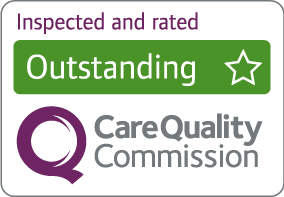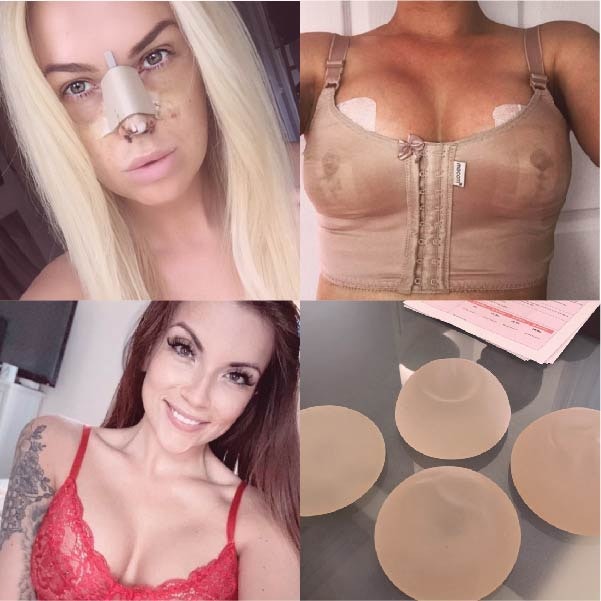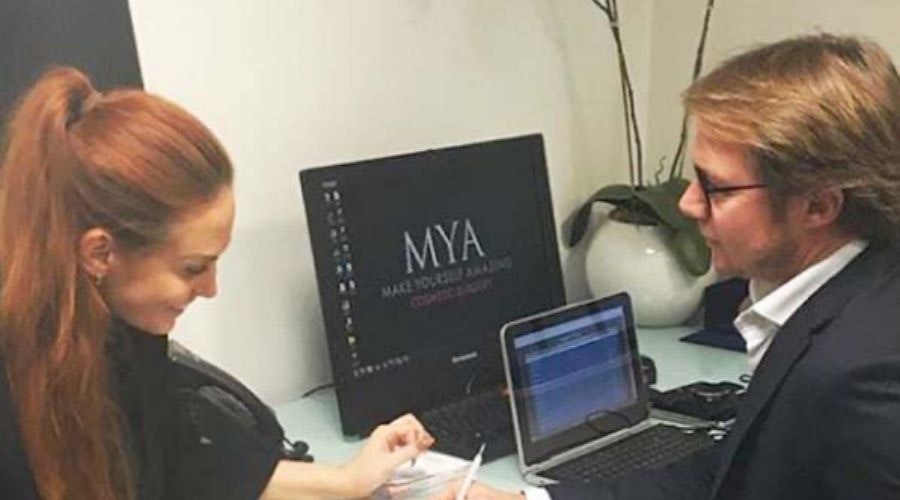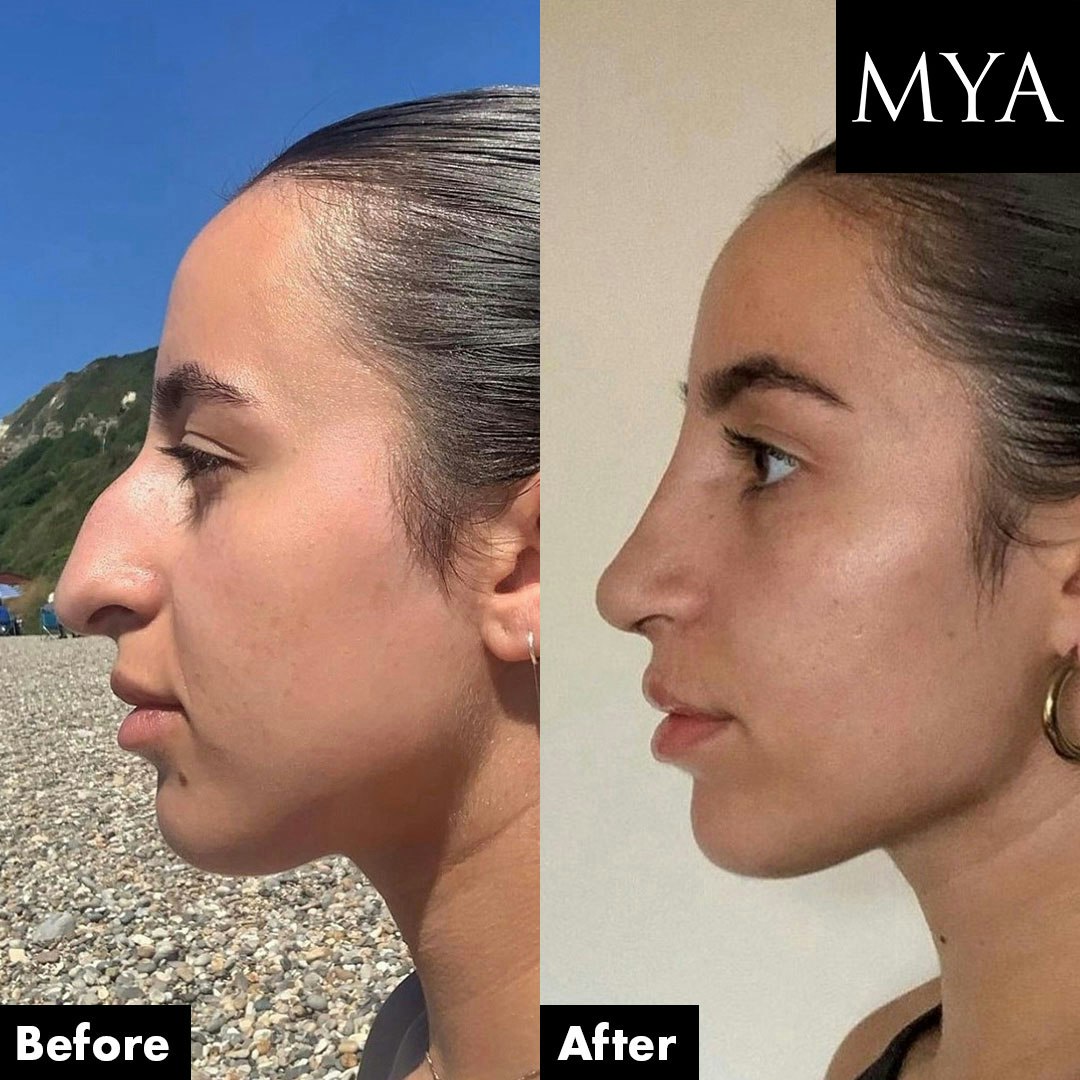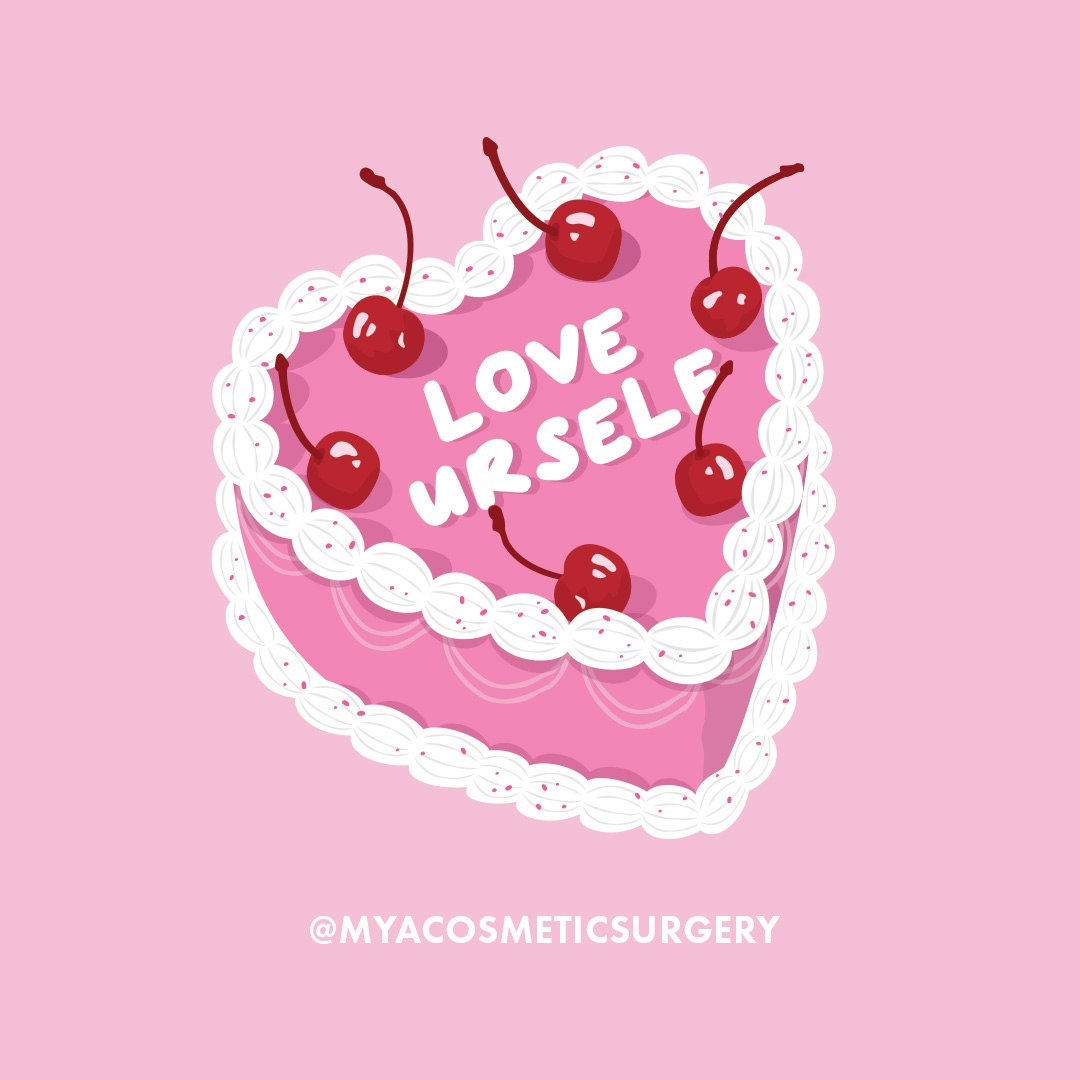What is laparoscopy?
This minimally invasive surgery technique makes use of small incisions and a thin tube equipped with a camera (a laparoscope) to provide surgeons with a clear view of the area under examination or treatment.
Gynaecological laparoscopy, specifically, can explore pelvic and reproductive organs and manage conditions such as endometriosis and ovarian cysts. It offers an invaluable resource when there is a treatable gynaecological concern.
Benefits of laparoscopy
Laparoscopy boasts several advantages over traditional open surgery, including:
Smaller incisions, resulting in reduced pain and scar tissue
Diminished risk of infection
Shorter hospital stays
Accelerated recovery times
Reduced physical strain on the body
Gynaecological laparoscopy plays a pivotal role in diagnosing and treating various conditions related to pelvic organs. These include:
Endometriosis and pelvic inflammatory disease
Removal of ectopic pregnancy
Female sterilisation
Excision of the ovary, ovarian cyst, or fallopian tube
Biopsies
Keyhole hysterectomy (the removal of the womb)
Fertility exploration
Side effects of laparoscopy
Like all surgical procedures, laparoscopy involves risks and potential side effects. These factors depend on the specific nature of your laparoscopy but may include:
Since anaesthesia is administered during laparoscopy, the particular risks and side effects associated with its use will be discussed with you before your diagnostic laparoscopy.
Gynaecological laparoscopy procedure overview
Before you head into surgery, your full medical history will be assessed, as well as your blood pressure and any allergies you have. You will then be asked to sign a consent form so it's clear you understand the reason for the surgery and the associated risks.
Laparoscopy requires the use of general anaesthesia, meaning you will be asleep throughout the procedure and won't feel a thing.
The way a laparoscopy is carried out depends on the reasons for the surgery. The changes are only slight, but typically, they begin with an incision in or below your belly button.
A slender tube is then inserted through this incision to introduce carbon dioxide gas into your abdomen to elevate the abdominal wall and create space for the surgical instruments to be inserted.
The laparoscope, fitted with a camera, is then inserted through this tube. The images it captures inside your abdomen are displayed on a screen in the operating theatre.
Operative laparoscopy, if required, may involve additional incisions, typically near your belly button and bikini area. The laparoscope guides the surgeon in performing the procedure.
Before you're taken to the recovery room, the incisions are closed, and a dressing will be applied for protection and to aid healing.
Reasons for laparoscopic surgery
Laparoscopy serves as a valuable tool for diagnosing and treating a variety of gynaecological conditions. You may undergo the procedure to enable your surgeon to assess your womb, ovaries, or fallopian tubes and address any issues detected.
Gynaecological laparoscopy may also be used to diagnose and treat conditions such as:
This procedure can also be used for the removal of ovaries or fallopian tubes, performing a keyhole hysterectomy, or conducting a biopsy.
Laparoscopy recovery
After the procedure, you might feel groggy due to the effects of anaesthesia, but this typically subsides within a few hours. Once you’ve come around from the anaesthesia, you should be able to return home to commence your recovery.
During the first few days following your laparoscopy, you might encounter some pain and discomfort around the incision sites. If necessary, we'll provide pain medication to help ease this.
It‘s not uncommon for residual gas used to inflate your abdomen to persist, potentially causing bloating, cramps, and shoulder pain as the carbon dioxide gas can irritate the diaphragm. These symptoms typically disappear within a day or two.
The duration of your recovery depends on the purpose of your laparoscopy and your overall health. In cases where the procedure was for diagnostic purposes, a return to your routine can typically be expected within 5-7 days.
For those who undergo laparoscopy treatment, recovery duration can vary based on the specific intervention. Detailed advice will be provided, and ongoing support will be available to guide you through your recovery journey.
You will be invited for an aftercare appointment with one of our nurses, who will monitor your healing and answer any of your questions relating to the procedure.






